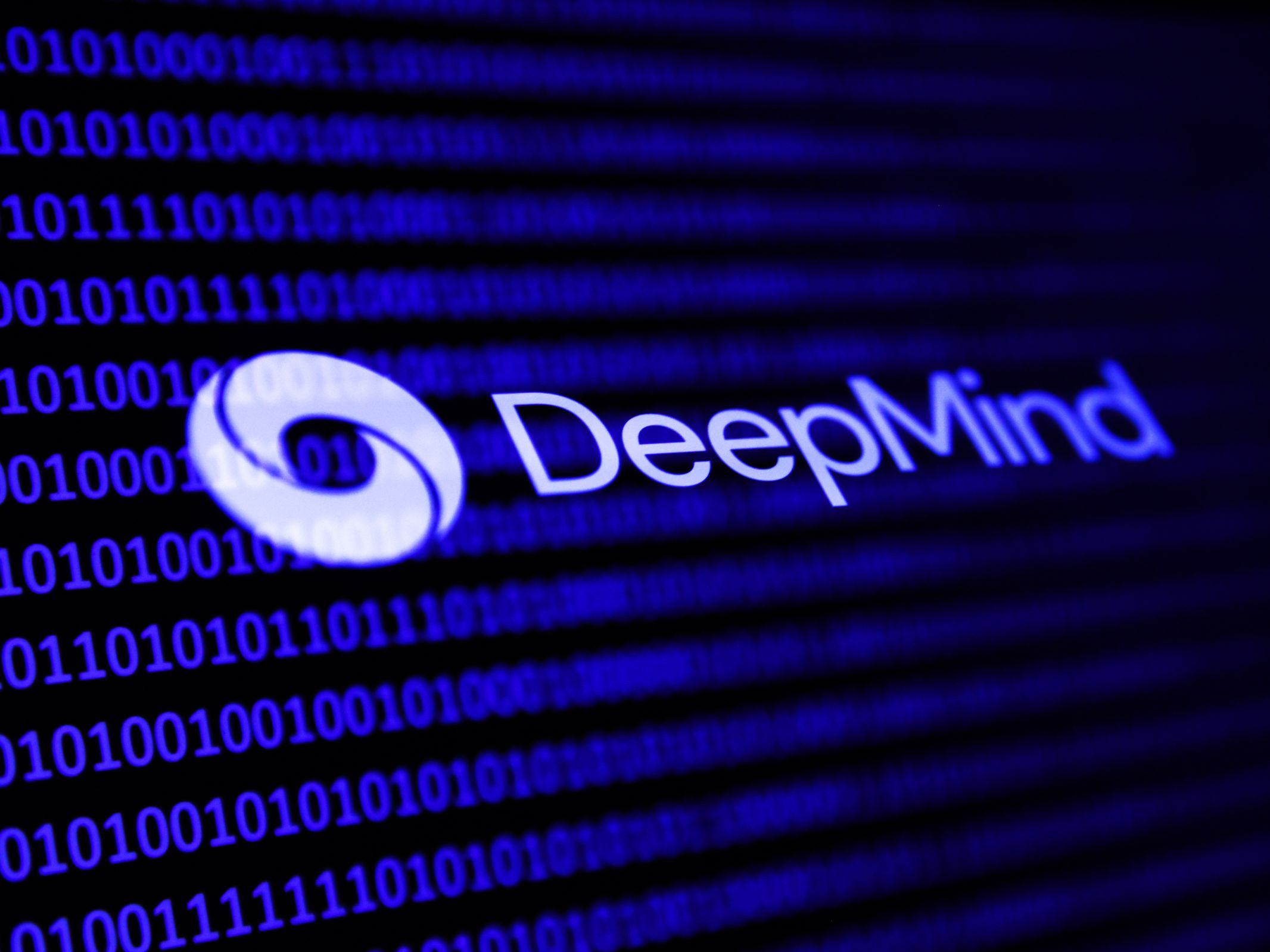New AI Models from Google DeepMind Enable Robots to Execute Physical Tasks Without Prior Training

Google DeepMind’s AI Models for Robotics
In a significant advancement in the realm of artificial intelligence, Google DeepMind has unveiled new AI models that empower robots to accomplish various physical tasks. This innovation underscores a remarkable shift in how robots can be trained—or more accurately, how they can learn to execute tasks without explicit training processes.
AI Learning Without Traditional Training
Traditionally, teaching robots to perform tasks typically required extensive programming and training datasets. This conventional method was often tedious and restricted the flexibility and adaptability of robots in real-world situations. However, the newest AI models from Google DeepMind have introduced a paradigm shift. These models enable robots to learn by observing and mimicking actions, streamlining their ability to adapt in dynamic environments.
Overview of the New AI Models
The models designed by Google DeepMind leverage advanced deep learning techniques and neural networks. Here are some critical features of these models:
Observation-Based Learning: Robots can learn new tasks simply by watching humans or other machines perform them. This reduces the need for predefined coding for every possible scenario.
Real-Time Adaptability: The AI can adjust its strategies based on real-time feedback, allowing for more fluid interactions within their surroundings.
- Generalization: The models excel at generalizing skills across different tasks, meaning a robot that learns to pick up an object can also learn to interact with various objects in diverse ways.
Key Applications
The practical applications of these advanced AI models include:
Manufacturing Automation: Robots can adapt to new assembly line tasks without needing extensive reprogramming.
Healthcare Assistants: Robots could assist with patient care by performing simple tasks like fetching items or assisting in mobility.
Service Industry: From helping customers in retail stores to performing duties in hospitality, robots can learn to interact with people and serve various roles.
- Disaster Response: In emergencies, robots can quickly adapt to changing environments, making them invaluable for search and rescue operations.
Impact on the Robotics Industry
The introduction of these AI models is expected to revolutionize the robotics sector significantly. Companies can now deploy robots more efficiently, reducing the costs associated with extensive training programs. Moreover, with the ability to learn from their environment, robots will be less reliant on human intervention, enhancing their usability in unpredictable situations.
Future Directions
As Google DeepMind continues to refine these AI models, it’s anticipated that the capabilities of robots will expand even further. Future improvements might include:
Enhanced Natural Language Processing: Allowing robots to understand and respond to verbal commands, enabling more intuitive human-robot interactions.
Improved Visual Recognition: Enhancing the ability of robots to recognize and categorize objects quickly and accurately.
- Collaborative Learning: Multiple robots learning from each other in real time could lead to faster and more efficient learning processes.
Challenges Ahead
Although the potential is immense, several challenges remain. The ethical implications of employing self-learning robots must be addressed, particularly regarding employment impacts and safety in human environments. Developers and policymakers will need to collaborate to establish guidelines ensuring that AI deployment is responsible and beneficial.
In summary, Google DeepMind’s groundbreaking AI models pave the way for smarter, more capable robots. Their potential to learn without traditional training methods opens the door to a future where robots seamlessly integrate into various sectors, enhancing productivity and improving the quality of service across multiple industries.






